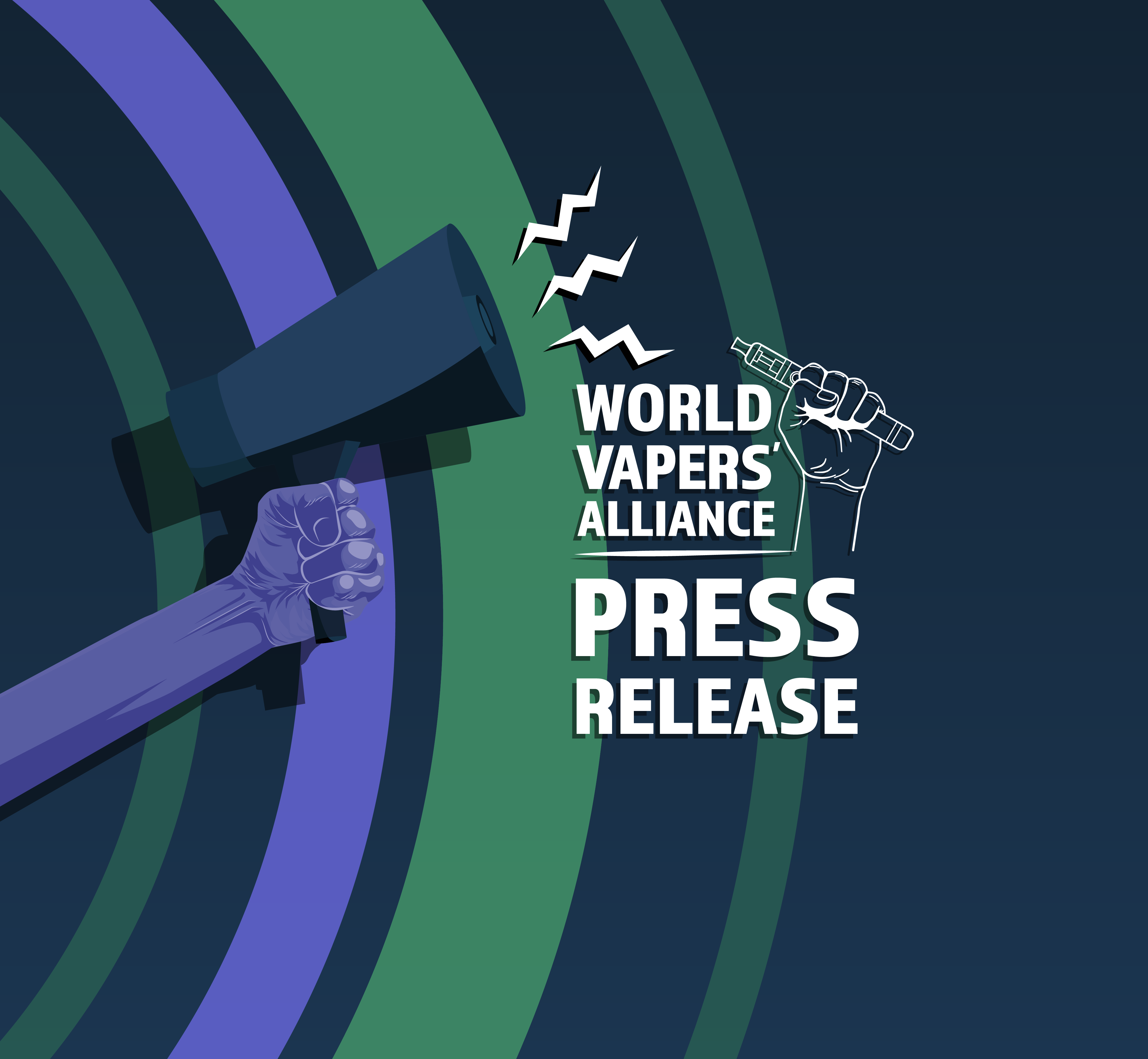Prawdopodobnie widziałeś nagłówki: “Użytkownicy e-papierosów są 5-7 razy bardziej narażeni na zachorowanie na COVID-19” niż osoby nieużywające e-papierosów. Medialny szum wokół tego rzekomego faktu pochodzi z badania przeprowadzonego na Uniwersytecie Stanforda. Każdy vaper wie, że alarm dotyczący wapowania i media idą ręka w rękę, i ta sytuacja nie jest wyjątkiem.
I jak zwykle, media nie miały czasu, by poważnie przyjrzeć się tym badaniom i zrobić to, co media powinny robić: zakwestionować je i ustalić prawdę.
Postanowiliśmy więc to zrobić.
Badanie nie jest rozstrzygające, a jego wyniki są błędnie interpretowane
Dwóch naukowców, którzy analizowali ten artykuł, szybko zdało sobie sprawę, że prawda jest daleka od tej, o której się mówi.
Profesor dr Bernd Mayer z Uniwersytetu Karla-Franzensa w Grazu w Austrii wyraził wątpliwości co do liczb użytych w publikacji. Autorzy nie wzięli pod uwagę faktu, że osoby używające e-papierosów deklarowały, że są testowane dziewięć razy częściej niż grupa kontrolna, co nieuchronnie prowadziło do wypaczonych wyników. Biorąc to pod uwagę, wynik wygląda zupełnie inaczej. Zamiast pięciu do siedmiu razy większego ryzyka u osób używających e-papierosów niż u osób nieużywających e-papierosów, osoby nieużywające e-papierosów uzyskały w badaniu 13,7% pozytywnych testów na COVID-19 w porównaniu z osobami używającymi e-papierosów, u których wynik był taki sam. Profesor Mayer wspomniał również, że media już wyrządziły szkody i wyraził obawę, że w rezultacie ludzie powrócą do tytoniu.
Konstantinos Farsalinos to kolejny naukowiec znany na całym świecie ze swojej wiedzy na temat wapowania. obawy z metodologią badania. Słusznie argumentuje, że badanie uwzględnia jedynie osoby, które przynajmniej raz w życiu używały e-papierosa, a nie “aktualne, wyłączne” używanie e-papierosów. To jest powód sztucznego zawyżania liczby zagrożonych waperów.
Politycy szukający swojego momentu w centrum uwagi
W obliczu ciągłych nagłówków medialnych dotyczących badania, pewien polityk w USA zaapelował do krajowego regulatora o zakazanie produktów do waporyzacji. Posłużył się sensacyjnymi mediami i stronniczym badaniem, aby poprzeć swoje twierdzenia. 18 sierpnia dowiemy się, czy FDA odpowie na jego prośby.
Ponieważ wiadomości szybko się rozchodzą, jest wysoce prawdopodobne, że inni politycy zrobią to samo. Żądanie zakazu produktu, który wielu osobom pomaga rzucić palenie, zwróci uwagę.
Dlatego musisz być gotowy na to, by głos Twoich waperów był głośniejszy niż kiedykolwiek wcześniej.
Od nas zależy, czy zrobimy wszystko, co w naszej mocy, żeby ich powstrzymać.





